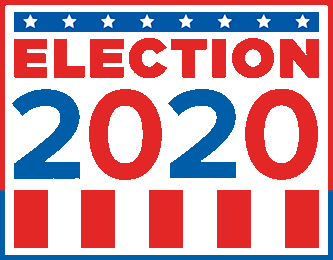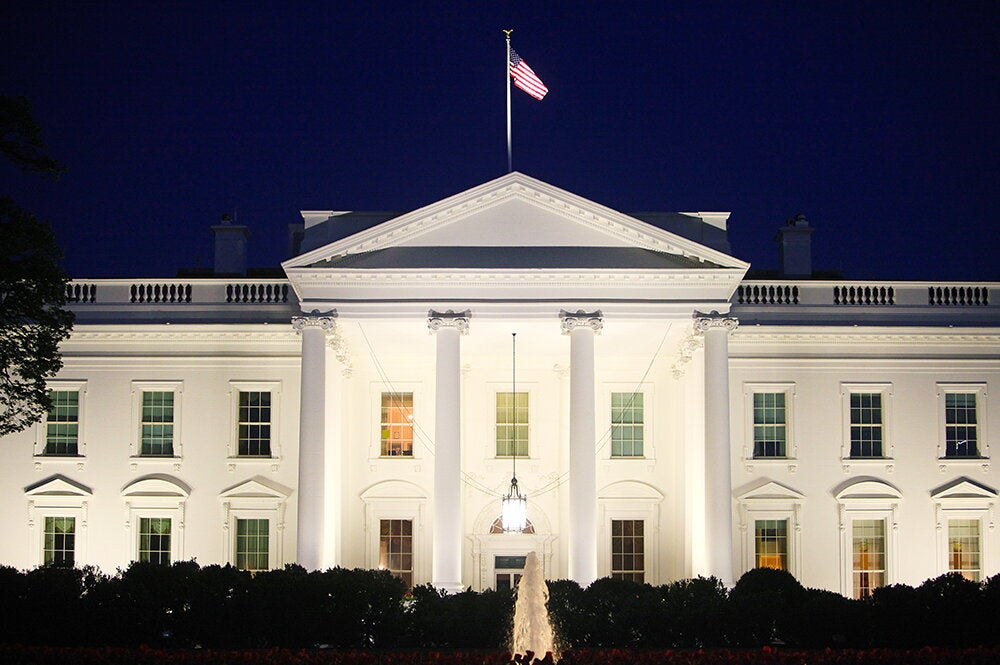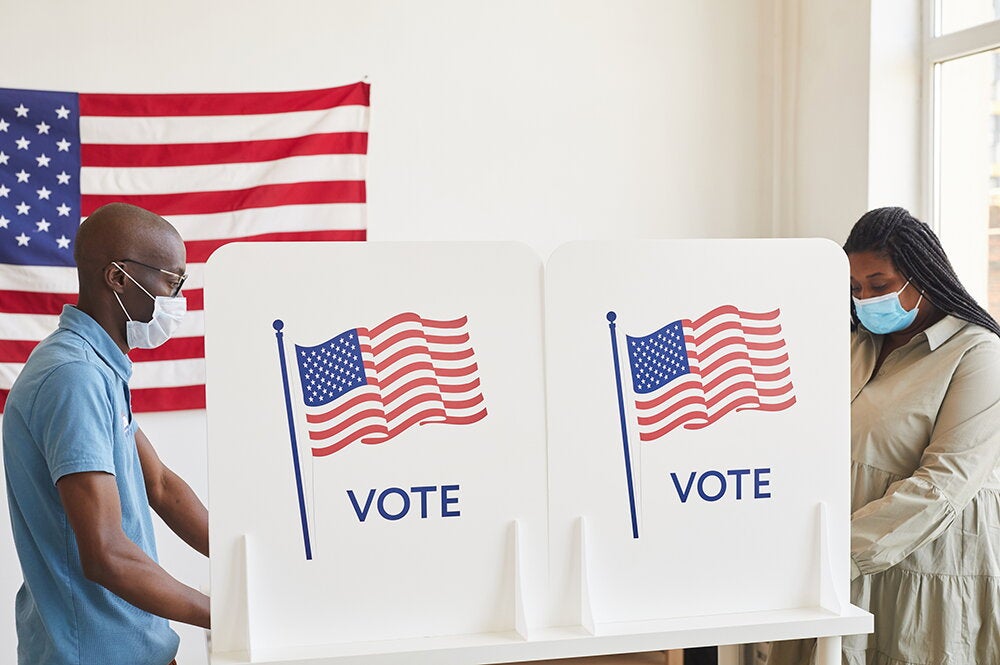

Some may claim that politics will never change, but we are still learning a lot about political behavior itself—which in recent years has grown to include how people express opinions and process information on social media.
JungHwan Yang, professor of communication, devotes much of his research to studying politics on social media, and he’s uncovered several important points.
During the last decade, social media has grown to be one of the largest platforms for political candidates, news outlets, “bots,” and the politically engaged to disperse information. However, despite the high volume of politically-related posts, the average social media user is rarely politically swayed in this arena, according to research completed in part by Yang. After all, it’s not easy to sway political attitudes in any arena, he added.
Yang’s research focuses on how people’s online behaviors – searching for information and consuming political information – are affected by their political ideology and identity and how it shapes the way people interact with other people, express their opinions – both online and offline, and engage in politics. In his research, Yang has found, in the end, online information use has little effect on behavior in politics offline.
Over three years, Yang and his colleagues used a traditional panel survey to ask questions about current issues as well as collect tracking data from digital devices used by the panel. Using software, they saw which sites the subjects were visiting, which articles they were reading, and how they engaged through social media.
Researchers learned social media behavior can be roughly separated into two areas: passive reading or active engagement. Passive reading takes place when a social media user simply views a post, while active engagement is taking the next step to interact with the content. Social media users who have the most interest and most extreme attitudes – from either political perspective – typically share the most content.
 “Those people are usually really politically active already, so their online behavior represents their political behavior offline,” Yang explained “There is a phrase that says ‘mobilizers are mobilized.’ A lot of my research is based on digital trace data and found that most people’s viewing behavior is not very polarized. So when you only scroll down your Facebook feed or your Twitter feed, you read both sides and diverse information.”
“Those people are usually really politically active already, so their online behavior represents their political behavior offline,” Yang explained “There is a phrase that says ‘mobilizers are mobilized.’ A lot of my research is based on digital trace data and found that most people’s viewing behavior is not very polarized. So when you only scroll down your Facebook feed or your Twitter feed, you read both sides and diverse information.”
Yang’s research also found that when the active engagers interact with content, this creates the incidental exposure for others on their timelines.
“Even if you don’t like the news article or share the article or never comment on the timeline, you can observe what others think about it by looking at the comments and what people are expressing,” he said. “You can find relevance of the issue that is meaningful to you. I think that’s important because with older media — TV and newspaper — the information flow is one sided.”
Those who are not interested in politics, who do not subscribe to newspapers, who do not watch cable TV, and especially the younger generations are learning about politics through various social media platforms, he added.
“I think that’s a good thing,” he explained, “but the role of social media has become more exotic instead of representative, and that’s everybody’s fault, I think.”
The downside of interactivity on social media is how often the most engaged political news on social media is not the best, or most reliable, source, Yang explained. People share news when there is some sensational value in it, so for those who only consume news through social media, the type of posts they are encountering on these platforms could be more biased and more sensational.
“That may affect one’s view of politics in general,” Yang said. “This might affect the overall trust in media, creating polarizing effects.”
Editor's note: For more stories about politics and politics-related issues, visit the Politics and LAS page.


